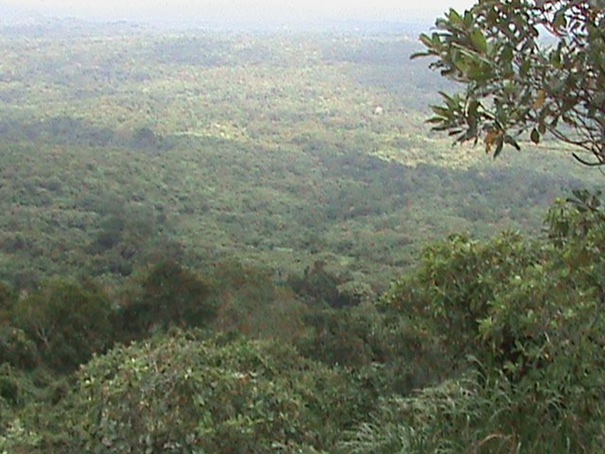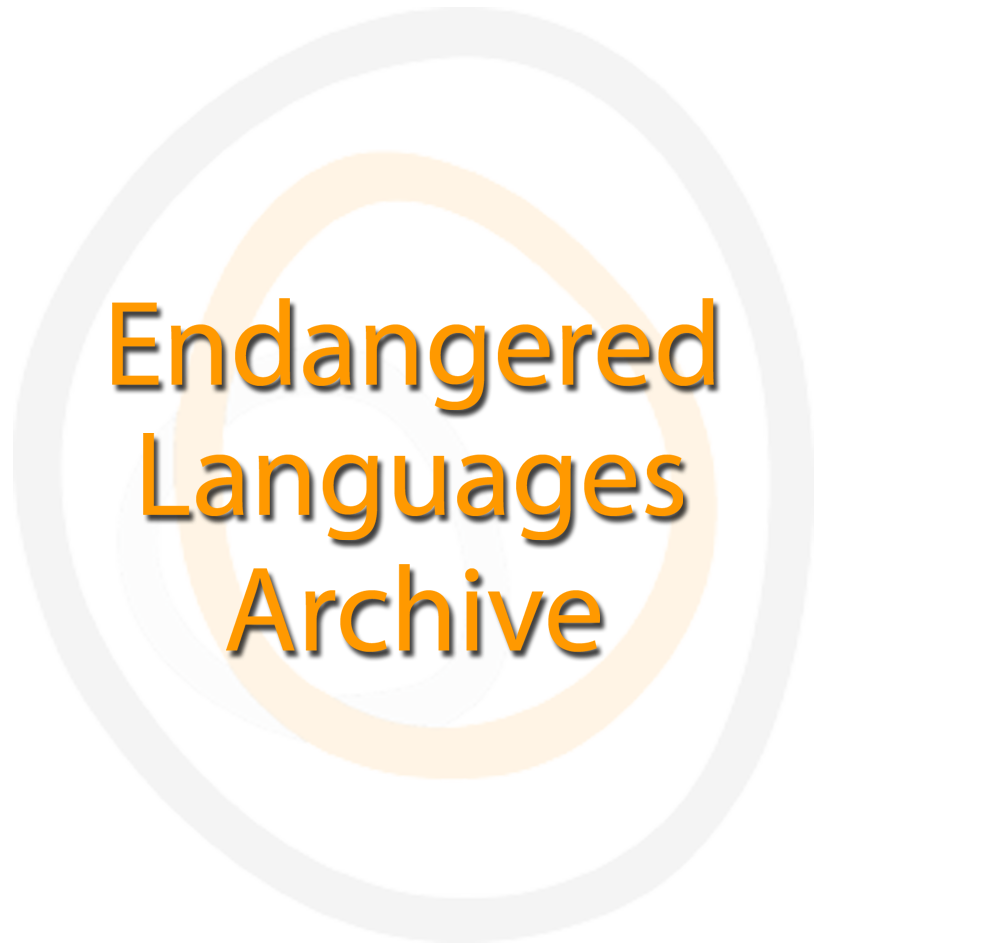Documenting communicative practices of customary court proceedings: The case of Tunen native-speakers of the Ndikbiakat Canton

Landing page image for the collection ’Documenting communicative practices of customary court proceedings: The case of Tunen native-speakers of the Ndikbiakat Canton’. Click on image to access collection.
| Language | Tunen (ISO639-3:tvu), |
| Depositor | Koumassol Midinette Endurence Dissake |
| Affiliation | University of Buea, Cameroon |
| Location | Cameroon |
| Collection ID | 0615 |
| Grant ID | SG0579 |
| Funding Body | ELDP |
| Collection Status | Collection Online |
| Landing Page Handle | http://hdl.handle.net/2196/9689a290-d1da-43bb-a639-aa57d1e4c7e9 |
Summary of the collection
In this project, we documented customary court proceedings of the Banen community. In other words, documented an endangered ancestral practice that is dying because its guarantors, ancient traditional rulers, are dying without transmitting it to younger generations. We recorded naturally occurring discussion taking place between traditional legal authorities, plaintiffs, accused people, and witnesses during customary court proceedings.
Three contexts was selected for this documentation; (i) customary court debates, (ii) customary court deliberations, and (iii) interviews of the traditional rulers. While customary court debates are interactions between traditional rulers, plaintiffs, accused, and witnesses, customary court deliberations are discussions between traditional rulers in order to decide whether or not an accused is guilty and, in case he/she is declared guilty, they decide on the punishment to give. For the interviews, aged and experienced traditional rulers were interviewed. The interviews were semi-structured and comprised questions related to the history, origin, and effects of customary court proceedings in the Banen community. We also investigated the changes the practice has undergone during recent years.
Group represented
Tunen is a language spoken in the Centre and Littoral Region of Cameroon by approximately 40,000 people (Simons & Fennig, 2018). In the Centre Region the language is spoken in the Mbam Division, Ndikinimeki and Makenene Subdivisions. In the Littoral Region, it is used in the Nkam Division and Yingui Subdivision (Lovestrand, 2011: 2). The native speakers of Tunen are known as the Banen people/community/tribe. Tunen experiences language contact with prestigious and dominant languages such as Duala, Beti-Fang, Bassa, as well as English and French, the two official languages (Mous & Breedveld, 1986; (Boulock, 2016). The selected setting for my documentation project is the Yingui Subdivision of the Littoral Region. I chose the Tunen spoken in the Littoral Region because it is “purer” than the one spoken in the Centre Region that has underwent intense language contact and is now experiencing severe language change (Ndedi, 2006). Yingui has a population of 2 304 people (3ème RGPH, 2010) and the languages spoken in that subdivision are French, Tunen, Bassa, Ndem, and Nyokon. Yingui counts five Cantons (Ndiktouna, Ndikbanol, Ndikbiakat, Ndiknanga et Ndem), each ruled by a Canton Chief. The five Cantons count a total 14 villages/quarters, i.e. Kak, Koh, Maninga Makombe, Mosse, Ndokanyack, Ndokhende, Ndokmem nord, Ndokmem sud, Yingui 2, Yingui centre, Ndem, Eboh, Iboti, Logndeng, and Lognanga (Yingui Council, 2011).The name Tunen means noble, spiritually rich and morally upright. Fortunately, the Banen people manifest all these beautiful values in their ways of living. The good morality, generosity and hospitality of the Banen control their tendency to accept others in their midst.
Language information
Alternate or other names of Tunen are Banen, Banend, Nen, Penin, and Penyin. Tunen has been influenced by other spoken languages like Nyokon, Nomaande, and Tuotomb (Simons and Fennig 2018). A variety of Tunen known as Hinen is spoken in a small village of Sierra Leone (Lovestrand, 2011). Tunen is a language spoken in the Centre and Littoral Region of Cameroon by approximately 40,000 people (Simons & Fennig, 2018). In the Centre Region the language is spoken in the Mbam Division, Ndikinimeki and Makenene Subdivisions. In the Littoral Region, it is used in the Nkam Division and Yingui Subdivision (Lovestrand, 2011: 2). The native speakers of Tunen are known as the Banen people/community/tribe.
Collection contents
- 4 hours video of customary court debates
- 3.5 hours video of elders interviews
- 2 hours audio of court deliberation
- 6 hours transcribed and translated in ELAN
- sociolinguistic information about all participants in the court proceedings
- ethnographic notes
- IMDI metadata
Acknowledgement and citation
Users of any data of the collection should acknowledge Dissake K. M. Endurence as the principal investigator. Users should also acknowledge the Endangered Languages Documentation Programme as the funder of the project.
To refer to any data from the collection, please cite as follows:
Dissake, Koumassol M. E. 2021. Documenting communicative practices of customary court proceedings: The case of Tunen native-speakers of the Ndikbiakat Canton. Endangered Languages Archive. Handle: http://hdl.handle.net/2196/55fb4774-dd53-47ae-bf2a-d211c7e65974. Accessed on [insert date here].


